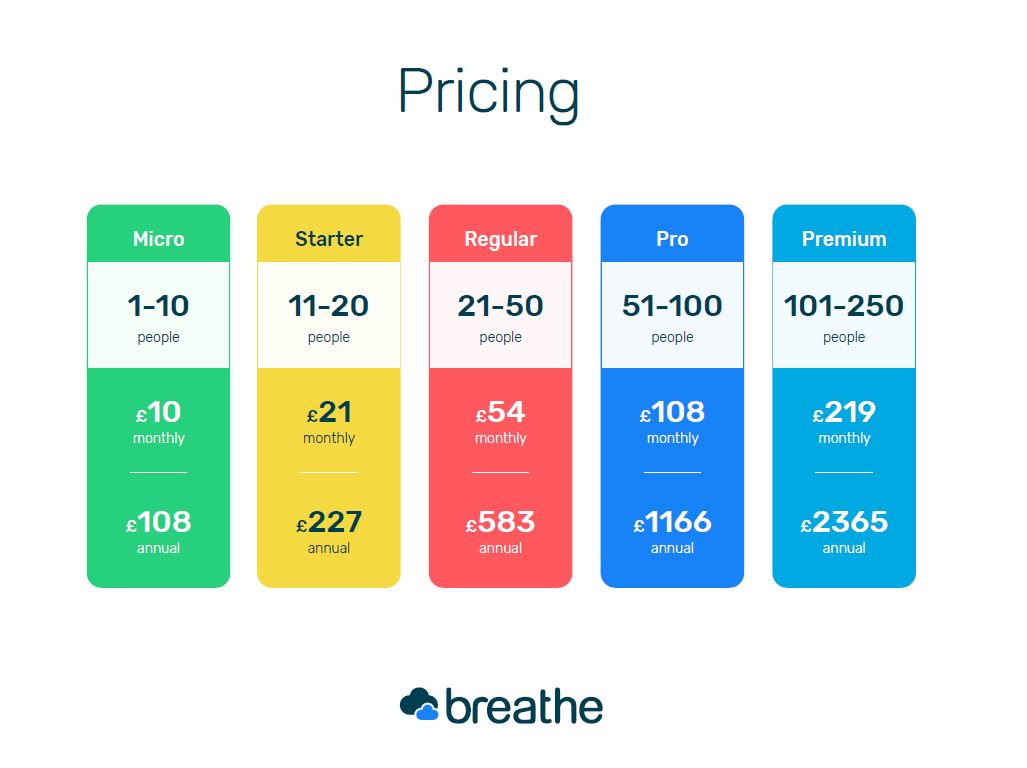With the holiday season here, many are looking forward to the celebrations that are ahead. However, it is important to also recognise that not everyone celebrates Christmas. Particularly this time of year, you’ll want to ensure that there is inclusivity in the workplace so that everyone feels valued and respected regardless of their cultural, religious or personal practices and beliefs.
Inclusive holiday celebrations can greatly impact team morale, strengthen bonds and ensure that everyone feels part of the celebration. Our expert HR services and solutions can help you create inclusive workplaces that your team will appreciate.
Why inclusivity in the workplace is important during holiday celebrations
At Blue Tree HR Solutions we understand that workplaces include people from different cultures and religious backgrounds as well as personal beliefs. While traditional holiday celebrations can be great and meaningful for some, they can unintentionally alienate or exclude some employees. By taking an inclusive approach to this holiday season and leveraging HR services and solutions, you’ll be able to ensure that everyone feels valued and included. In this blog, we’ll explore our 7 top ways to make your workplace festivities thoughtful and welcoming for everyone.
1. Go seasonal and neutral with the decorations
One simple consideration when it comes to the holidays is how you decide to decorate the office. With Christmas being a season based on Christianity, some decorations that are religiously themed may alienate members of staff. By choosing decorations that are non-religious and perhaps more seasonal you can go for a theme that everyone enjoys. You could also ask employees to suggest ideas for creating a festive atmosphere that resonates with everyone.
2. Use inclusive language
To increase inclusivity in the workplace, simple changes like saying ‘Happy Holidays’ rather than referring to specific traditions can make a difference in how people feel about seasonal greetings.
3. Recognise other holidays
If you have staff members who celebrate other holidays, why not make space to celebrate or acknowledge other cultural and religious holidays too? This could be a brilliant opportunity for your members of staff to learn about other holidays that are different to their own and encourage inclusivity in the workplace.
4. Accommodate dietary needs
When it comes to seasonal parties, there’ll often be meals planned or snacks offered as part of the celebrations. It’s important to consider all dietary restrictions, preferences and allergies so that no one feels left out.
5. Offer alcohol-free options
With many people preferring not to drink alcohol for a variety of reasons including religious reasons, or even if they’re driving, by hosting celebrations that offer non-alcohol options for drinks you will ensure that everyone feels welcomed.
6. Establish guidelines for respectful behaviour
By letting staff know what kind of behaviour is expected at office parties you can ensure a positive experience for everyone. This can be achieved by engaging employees in the planning process to understand what works best for your team to promote inclusivity in the workplace.
7. Celebrate end-of-year achievements
You could take the end of the year as a time to celebrate the accomplishments of the team and express gratitude for everyone’s contributions. By recognising your team’s efforts, you can create a supportive environment that makes staff feel valued and appreciated.
Making the holidays bright for everyone
The holiday season is a great time to celebrate and it’s also a brilliant time to bring your team together and thank the unique individuals who make up your workspace for their hard work throughout the year. By considering everything from decorations to communications used and the celebrations themselves, you can make sure that no one feels left out. By creating inclusivity in the workplace, you respect the diversity of your team and create a workspace that is connected and has a sense of togetherness.
Contact us if you need help making your workplace inclusive
We hope you’ve enjoyed reading our blog on inclusivity in the workplace, over the holidays. You may also want to read our manager’s guide to a fun Christmas at the office for more tips on keeping the office enjoyable for all but also respectful this time of year.
If you would like any more information or to get in touch with us regarding HR services and solutions, you can contact us for support and we’ll be happy to help. We offer expert HR solutions, retained or ad hoc HR for small businesses across Essex.











